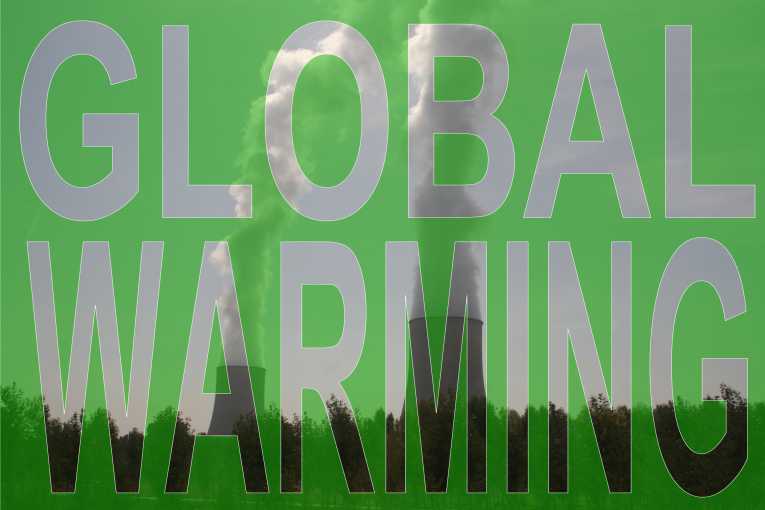The men and women who bring us our daily TV weather forecasts had their belief in global warming and faith in climate scientists damaged by the 'Climategate' scandal say researchers at George Mason University.
The university's Center for Climate Change Communication and Center for Social Science Research surveyed weathercasters early in 2010 to see what effect the release of hacked emails from the University of East Anglia's Climate Research Unit (UAE CRU) had had on their views about climate change.
While investigations concluded that scientists at the UEA CRU had not manipulated data to back global warming theory, climate skeptics made much of the leak and the contents of the emails received widespread media coverage.
Eighty two percent of the weathercasters surveyed by George Mason University had paid attention to the 'Climategate' story and, of these, 42 percent said they had become more skeptical about global warming.
Those most likely to have their views changed were those who were already skeptics or had not yet formed a view on global warming. Men were more likely than women to become more skeptical as were weathercasters with politically conservative views. Neither age nor the level of professional training undertaken was an indicator that a respondent was more likely to doubt global warming.
Ed Maibach, one of the GMU research team, said: ''Although subsequent investigations showed that the climate scientists had done nothing wrong, the allegation of wrongdoing undermined many weathercasters' confidence in the conclusions of climate science, at least temporarily.''
Maibach, who is now working on a further project to measure the effects the views of weathercasters have on their audience, added: ''Most members of the public consider television weather reporters to be a trusted source of information about global warming-only scientists are viewed as more trustworthy.''
''Our research here is based on the premise that weathercasters, if given the opportunity and resources, can become an important source of climate change education for a broad cross section of Americans.''










